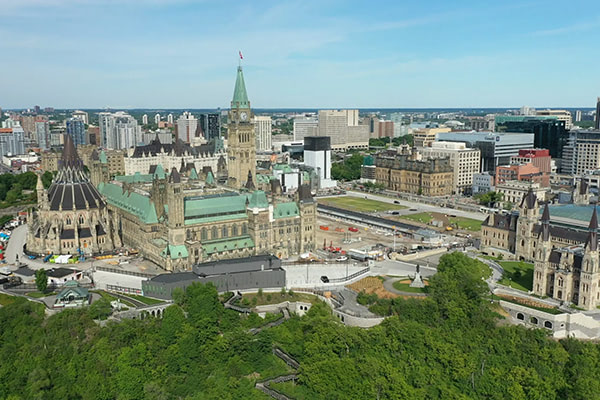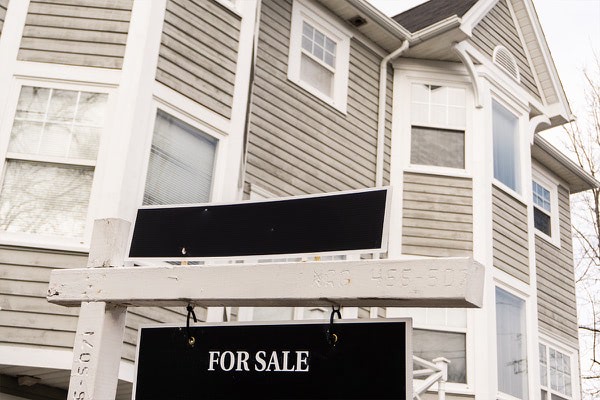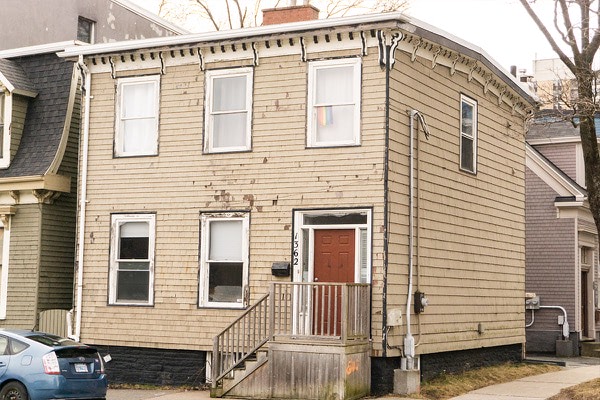Your home appraisal is lower than expected. Now what? Here are your next steps in this situation.

The Bank of Canada raised rates again. Now what?
As expected, the Bank of Canada raised rates once again this year. The bank held their fourth interest rate announcement of 2022 on June 1, and the resulting +0.50 per cent rise put the overnight rate at 1.50 per cent moving forward. This number certainly feels a long way away from the 0.25 per cent we had grown accustomed to during the pandemic, so what should borrowers make of this change? Here’s what you need to know.
What does this new increase mean?
As you know, an increase to the overnight rate affects the prime rate, which is what impacts variable-rate mortgages. For borrowers with a variable rate, you may see an increase to your monthly mortgage payments. Depending on your specific lender and product, your timeline and new payment amount can vary, so it’s important to communicate with your lender. In general, we expect many borrowers to start paying an extra $100 per month, with some variations on both sides of that number.
What will happen next?
The Bank of Canada raised rates for the first time this year back in March, and has been very transparent about their intentions to curb inflation ever since. They have stated they will keep increasing interest rates to achieve this. Over the next 12 to 18 months, we definitely expect to see more rate hikes from the central bank while they attempt to control not only mortgages, but the rising prices of consumer goods as well. The good news is we don’t expect rates to go sky-high before they soften again. For this reason, we encourage variable-rate mortgage holders to stay the course, and not panic about payment increases.
Should you consider a fixed rate?
We have heard some people who are concerned about having a variable rate in this market, and are wondering if they would be better off with the stability of a fixed rate. The short answer is no. Do not lock into a fixed rate right now. It’s important to remember that variable rates are rising from the ground up, and the rates we are seeing today are still lower than they were pre-pandemic. Meanwhile, fixed rates are much higher than variable rates right now. Don’t panic over payment increases, because you would be paying even more with a fixed rate. At this time, a variable rate is by far the better option.
Review your situation
Now is a good time to review your financial situation. Do you have any debts? What’s your budget like? Is your mortgage still meeting your needs? You might find it’s time to consider a refinance, which can help you get closer to achieving your financial goals, whether that be paying off your mortgage sooner or accessing equity for a renovation. You can also consolidate debt if that’s the path that works for you. In many cases, we can help you use your mortgage to your advantage.
What about the next steps for new buyers? We know these rate hikes can feel intimidating, and so can the housing market as a whole. However, Nova Scotia still has some of the most affordable housing in the country, despite the price increases we have been experiencing. While current prices seem off the charts for some, because we aren’t used to them here, remember that the Halifax area is still significantly more affordable than many other spots in Canada.
This changing market might leave you with some questions, and that’s perfectly normal. As housing trends and interest rates evolve, each day can look different from the one before. It’s smart to do your research to keep up with the market, but if you need extra guidance, that’s why we’re here! You can reach out to us any time to discuss your mortgage needs and your next steps.
If you have any questions about your mortgage, get in touch with us at Clinton Wilkins Mortgage Team! You can call us at (902) 482-2770 or contact us here.


